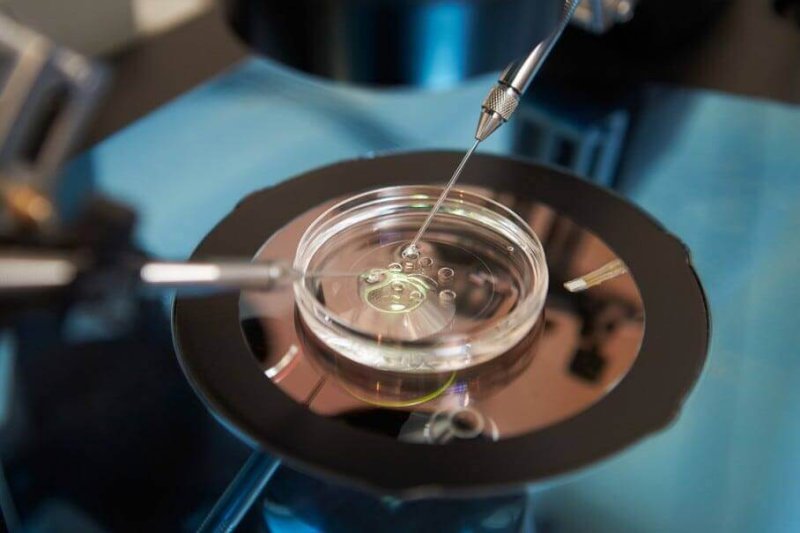[The 14-day limit for human embryo research was originally] chosen because it’s only after this stage that the central nervous system starts to develop, but, as [bioethicist Sophia] McCully writes, “opponents of the rule argue that this was simply an arbitrary time limit that was chosen as a compromise to permit any research at a time when prolife views were strong.”
…
McCully contends that research done between the 15- to 28-day window is critical, saying massive developmental changes are experienced by the embryo during this time.
Research on human embryos during this timeframe could lead to many new scientific insights and interventions, she says, including the mitigation of birth defects (such as heart disease), advances in in vitro fertilization, the prevention of miscarriages, and the testing of new techniques, including mitochondrial replacement therapy (colloquially known as “three-parent babies”) and human trait selection (the latter to eliminate genetic diseases or confer new capacities, such as immunities to communicable diseases).
“From this analysis, and that of others, there are no substantive ethical reasons for not altering the limit,” argues McCully. “Embryo research is a crucial undertaking and will help us to make many transformational discoveries, thus extending this very arbitrary limit is an endeavour that must be achieved.”































